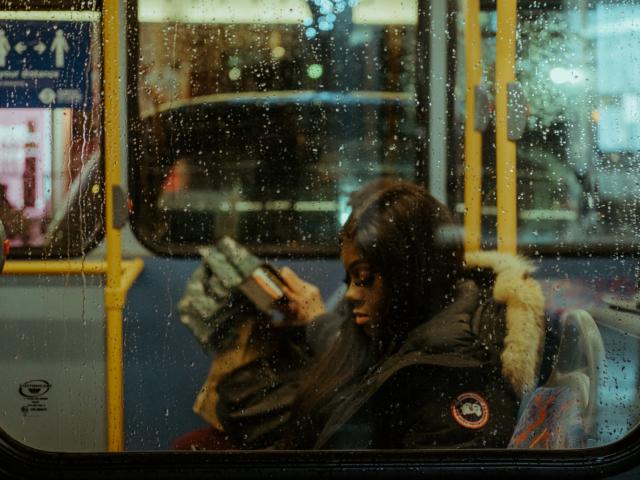Blog
Our blog offers commentary, analysis and insights on the latest urban transport debates from our team of experts, as well as our Director’s regular column for Passenger Transport magazine.
Making the case for transport authorities
Menopause in the workplace – breaking the taboo
For several years, the Urban Transport Group has been promoting initiatives to support our members to recruit and retain a diverse workforce, including in relation to improving gender balance in a sector that has typically been male dominated. Part of this involves looking at how organisations manage people, paying attention to health, wellbeing and inclusion, and creating work environments that engage people and enhance their performance.
Cost of living crisis – what will the impact be?
Is the cost of living the new Covid in terms of the impact it’s going to have on patronage and travel trends? If it’s too early to say yet what the medium and long term implications of Covid will be, then that’s certainly true of rising energy prices and all the other inflationary pressures. But let’s speculate anyway.
Bus safety shouldn’t be an afterthought
Transport: Designing for different points of view
Rail devolution and rail reform: Options for the future
Bus cuts close doors onto the world
An unhappy new year for public transport
It’s been a shaky start to the new year for public transport and it could get a lot rougher yet.
Let me count the ways…







